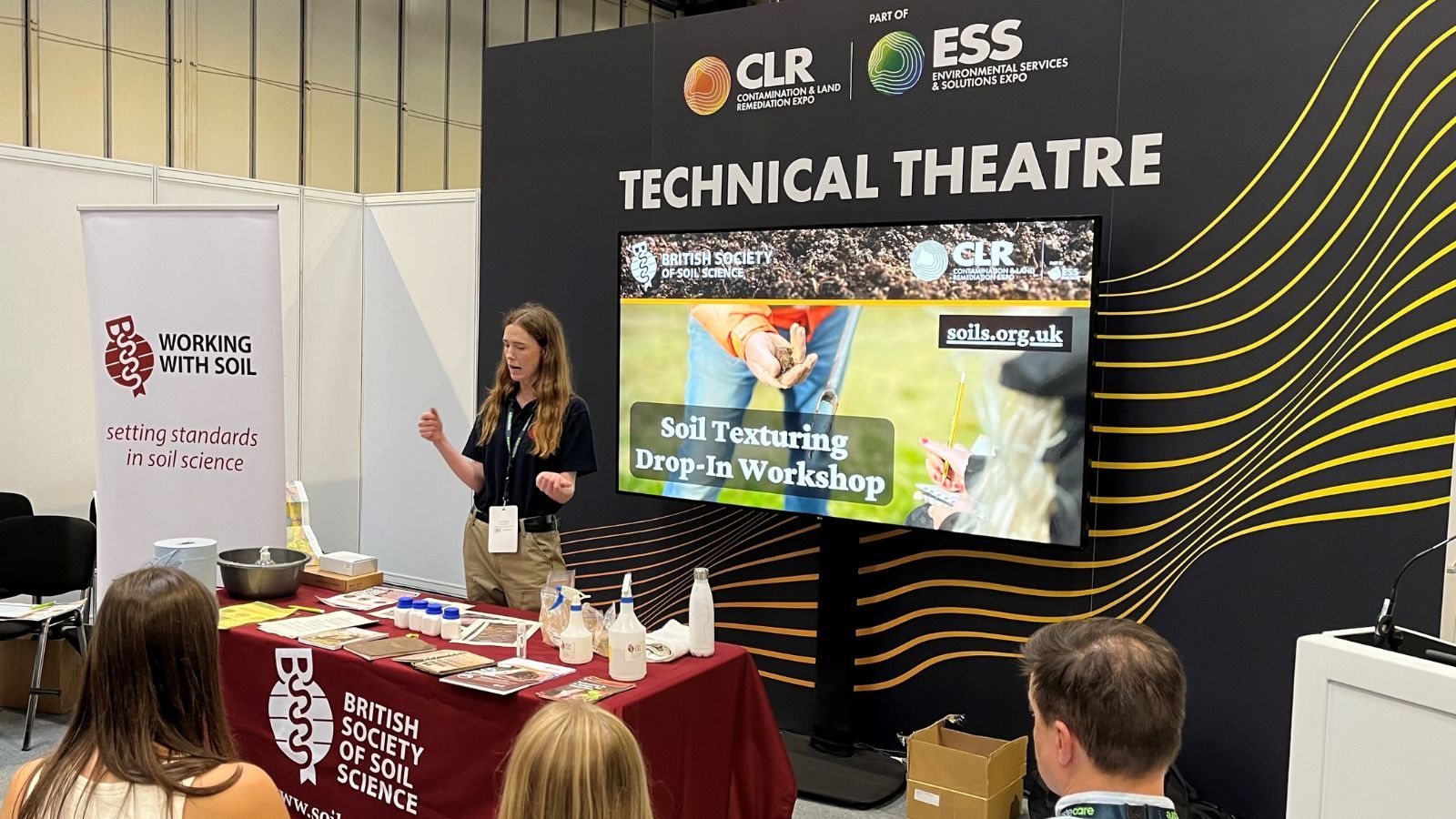Education
Become a Chartered Scientist
The British Society of Soil Science (BSSS) is licensed by the Science Council to award the qualification Chartered Scientist (CSci).

The Science Council
What is the Science Council?
The Science Council is a membership organisation representing the learned societies and professional institutions across the UK. It aims to be a collective voice for science and scientists and provide the quality assurance system for those working in science across all disciplines.
Chartered Scientist
What is Chartered Scientist (CSci)?
The Chartered Scientist designation allows professional scientists to be recognised for their competence, ability and integrity and serving the public interest. Registration is a voluntary means of demonstrating your professionalism, and involves being held to account by your peers for your abilities and adherence to ethical standards.
Chartered Scientists are committed to keeping their skills and knowledge up to date through continuing professional development (CPD) which is submitted for review on an annual basis. The main aim of CPD for registrants is to maintain, develop and broaden scientific and technical knowledge and acquire professional life skills.
Quotes
What they say…
Applications
How to apply
Chartered Scientist (CSci) is open to all Full Members and Fellows of BSSS who work in the practice, application, advancement or teaching of science and have the appropriate combination of qualifications and experience.
Candidates must, via their Professional Report and supporting documentation, prove their competence against each of the following Chartership criteria:
- An appreciation of the scientific method
- An ability to obtain, process and critically evaluate scientific data
- An ability to communicate clearly, verbally and in writing
- An awareness of Health and Safety issues and other statutory obligations applicable to their discipline or area of work
- A knowledge and understanding of the Code of Conduct
- A commitment to Continuing Professional Development
- Competence in their area of expertise
How to apply
To apply for Chartered Scientist status, please download the application form, criteria and guidance notes. Completed application forms and all supporting documentation should be returned to the Executive Office via admin@soils.org.uk.
Application Form
.DOC
Download Criteria
CSci booklet
Equivalence Report
Equivalence Report Guide
Staying Committed
Continuing Professional Development (CPD) Submissions
The CPD which registrants are required to submit annually is strictly aligned with the four Science Council Standards for CSci renewal and a registrant must:
- maintain a continuous, up-to-date, accurate and reflective record of their CPD activities
- demonstrate that their CPD activities are a mixture of learning activities relevant to current or future practice
- seek to ensure that their CPD has benefited the quality of their practice and reflect upon this
- seek to ensure that their CPD has benefited the users of their work (employee, customer, student etc.) and reflect upon this.
The most important aspect of CPD is the outcome of an activity for the individual rather than the length of time engaged in it. Learning outcomes and, where relevant, their application to practice should be recorded for each piece of CPD undertaken. Evidence of participation should be maintained alongside a formal record and may include, for example, certificates of attendance or achievement or examples of work such as reports or papers. The Society does not expect all evidence to be submitted but members should be maintaining these records themselves.
CPD returns must be submitted between 1 January and no later than 31 March on an annual basis (for the previous calendar year) to be considered.

